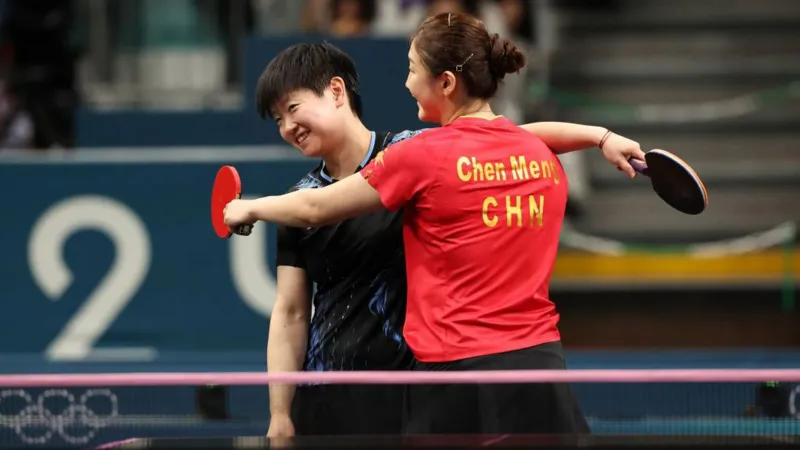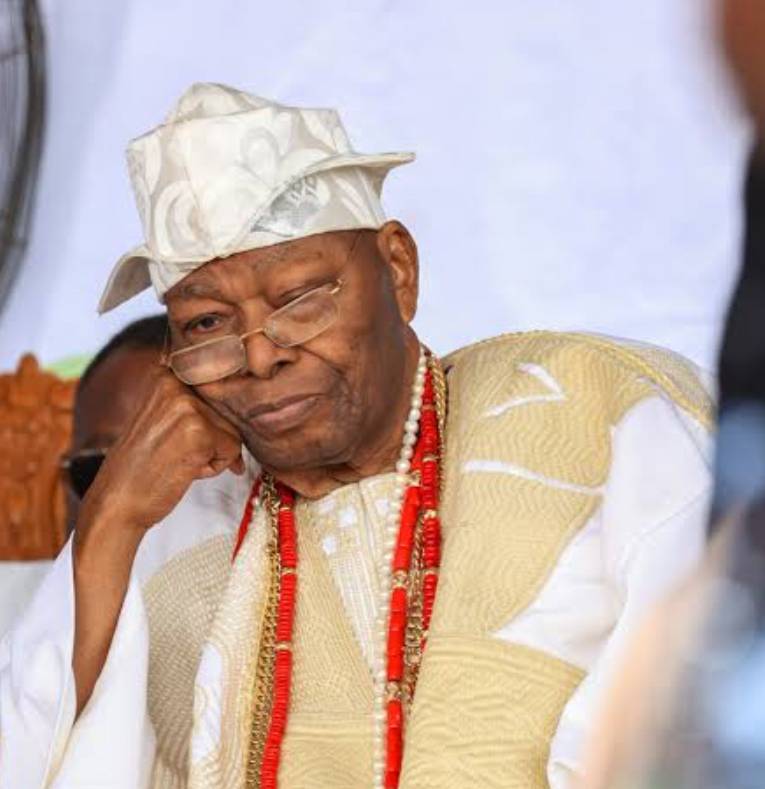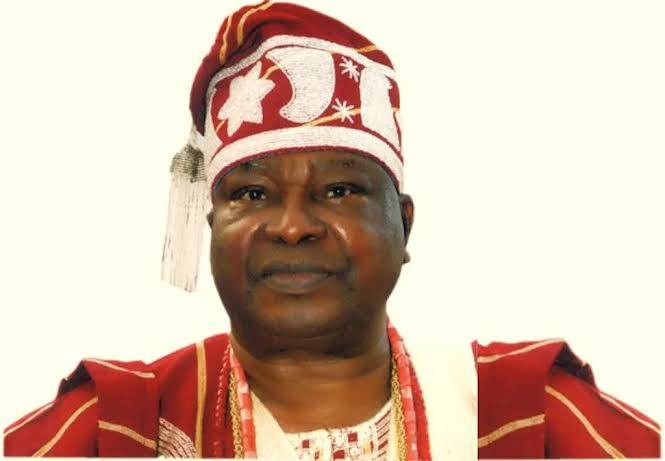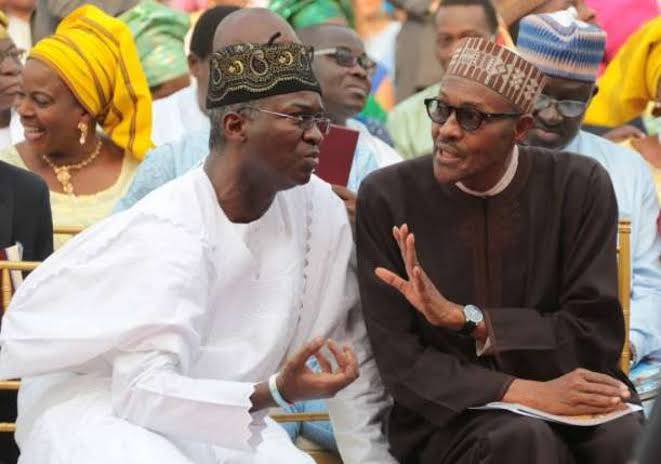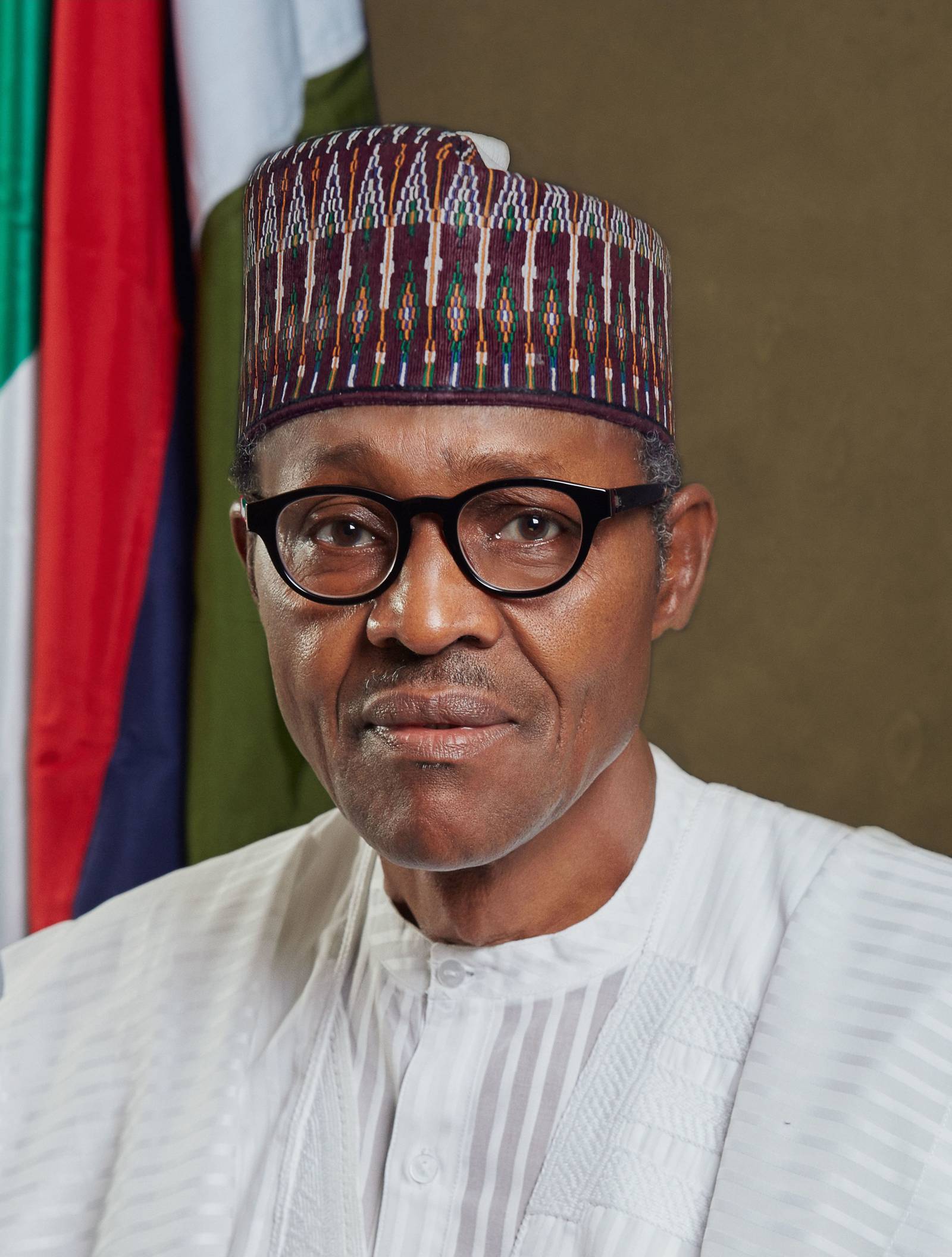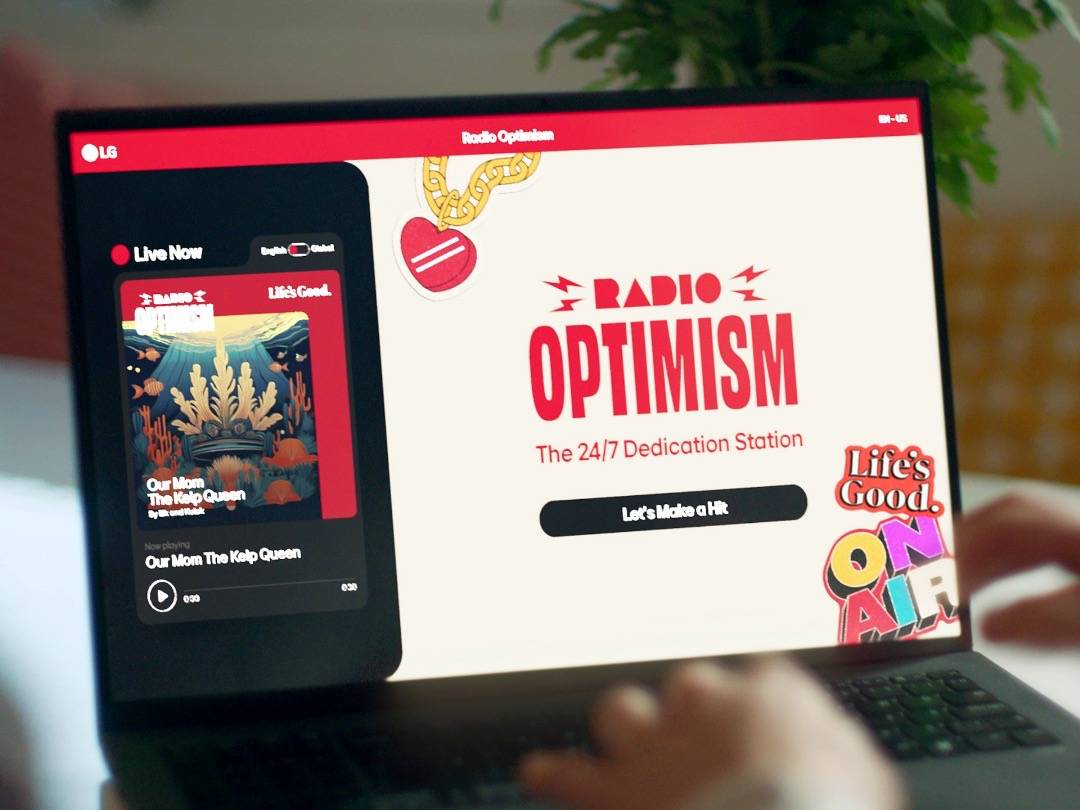Beijing is cracking down on “aggressive fans” who it says are affecting the performance of Chinese athletes at the Paris Olympics – the latest in its years-long war against celebrity worship.
In recent days, state media reports have called out “inappropriate” behaviour, such as fans booing during events or accusing referees of being unfair.
This “fan culture”, they said, reached a peak on 3 August when paddler Chen Meng defeated teammate Sun Yingsha to win gold in the table tennis women’s singles.
The Chinese internet exploded with support for Ms Sun despite her loss, with some denouncing Ms Chen’s victory, saying she won only because Ms Sun was exhausted from three earlier events.
Chinese social media platforms have collectively removed tens of thousands of posts and banned over 800 accounts for allegedly “spreading negativity and fomenting conflict” about the event.
One of Ms Sun’s fans wrote that she “wishes Chen tests positive for a banned substance, then the gold medal can go to [Sun],” sparking anger online.
A 29-year-old woman has also been arrested for posting defamatory comments about the match.
It’s not clear what she had said but police said on Tuesday that she “maliciously fabricated information and blatantly defamed others, resulting in an adverse impact on society”.
This is the latest in Beijing’s crackdown on what it calls “toxic” celebrity culture.
Previously, China has seen the banning of celebrity rankings, the restructuring of fan clubs, and the regular scrubbing of “harmful” content from fan pages.
In the last few days, the state-run Global Times newspaper published several articles denouncing “fan culture” in sports.
One of its reports said “numerous Chinese people” were now worried about “the visibly aggressive fan culture that threatens to erode the sporting world”.
In addition to inflammatory comments directed at sporting personalities, authorities have also criticised fans who cheer loudly or use flash photography during matches, and those who profit by selling memorabilia signed by athletes.
“The [fan culture] not only affects the training and competition of Chinese athletes, but also seriously affects the reputation of Chinese sports,” state news agency Xinhua said in a video report on Wednesday.
Shanghai Daily published a commentary urging social media platforms to “enforce strict policies against malicious behaviours” and sporting organisations to “take a firm stance against… fan mania”.
Chinese authorities had warned against “fan culture” even before the Paris Olympics.
Late last year, the Chinese Olympic Committee and General Administration of Sport of China told fans off after repeated incidents of them filming and following athletes.
“It seems that these ‘low-level fans’ are driven by their love for idols and impulsively make irrational actions that endanger the normal order of events, public order and good customs, sportsmanship and social morality,” they had said in a joint statement.
Ahead of the Tokyo Olympics in 2021, the committee warned Chinese Olympians not to get involved in fan clubs, adding that it wants to “resolutely put an end to the spread of the chaos of fan culture to the field of sports”.
The athletes themselves have said they want to be treated with “respect”. Veteran table tennis player Deng Yaping, for instance, had urged fans to “express our preferences without attacking others”.
She added: “We must respect each other and leave space for everyone.”
BBC


